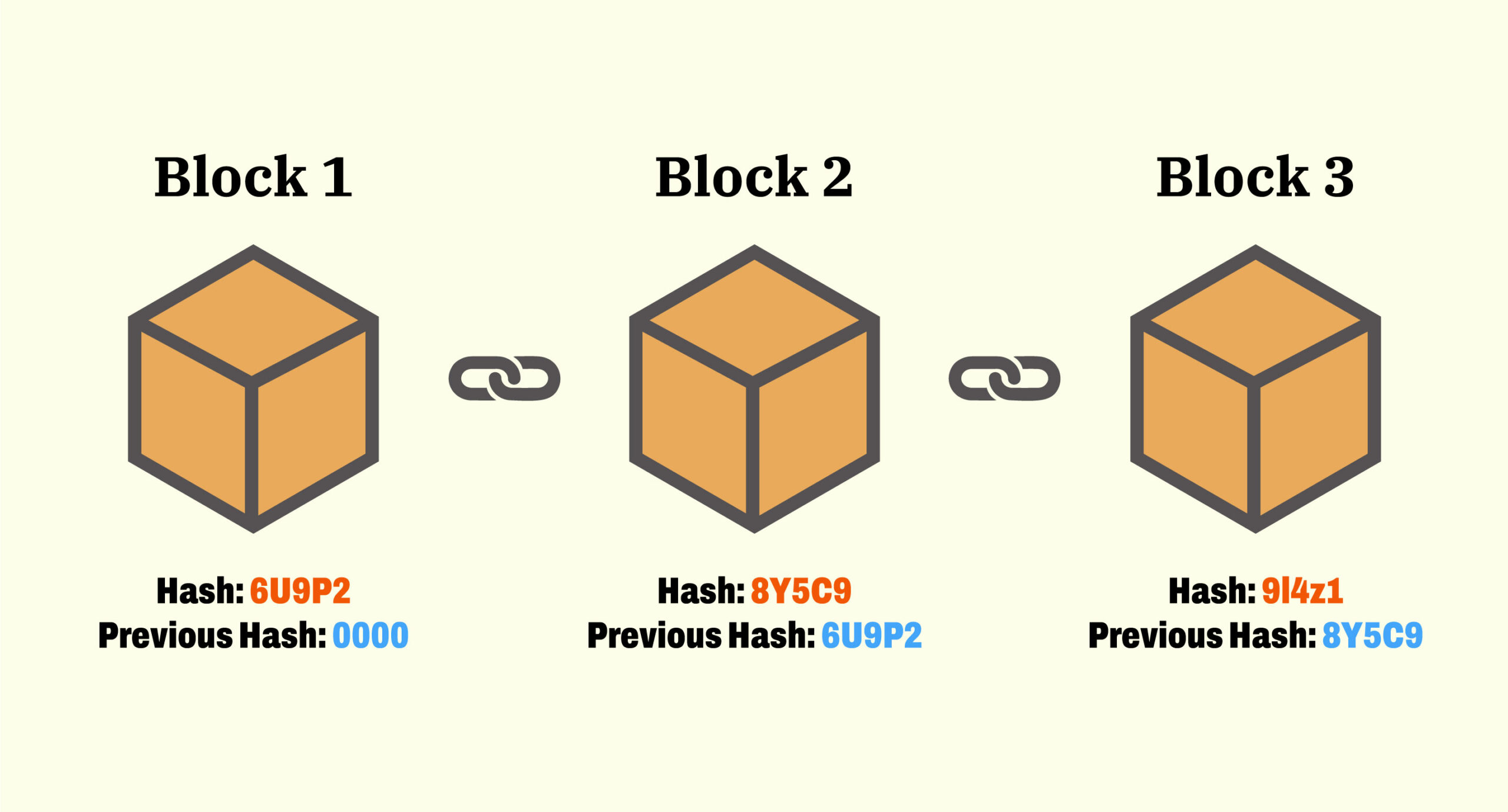
Whether it is the diamond industry or pharmaceutical, blockchain has the potential to improve its relationships with the environment. Those massive companies significantly boost sustainability and efficiency with less need for third-party providers. In addition, platforms use fundamental and technical analysis to provide you with the best trading calls. The critical component in this trend is the way blockchain uses decentralized ledgers to manage paperless contracts, making it transparent and near impossible for counterfeit materials to enter a system.
In addition, because of blockchain’s ability to link across international borders and within organizations, no country can control more than one aspect of a system. In terms of environmental sustainability, blockchain can be used by people on a large scale to eliminate wasteful energy consumption. You can visit https://www.profit-revolution.com/ to start your trading journey.
According to an environmental consultant who obtained his master’s degree in environmental studies, the nascent industry uses as little power as possible to do as much work as possible. It is achieved by using renewable energy sources by implementing blockchain in the energy sector; environmental experts believe that the energy sector could be more efficient and distributed, which would reduce waste heat from generating electricity.
Historically, the banking sector has not been environmentally conscious. In recent years, however, banks have been actively addressing environmental challenges. For example, some banks have created their blockchain and have set up their mining sites.
Paperless contracts:
With the development of traditional and digital banking, it will be more convenient to use financial services such as mobile payments, online payments, cashless payments, and credit card payments.
These new payment methods are also environmentally friendly in reducing the amount of cash and paper needed to carry out transactions. In addition, implementing blockchain technology will allow banks to keep track of all users’ digital assets to meet Know Your Customer (KYC) standards. The distributed ledger allows all supply chain members to view and exchange digital credentials and access a shared digital record of renewable energy generation.
Blockchain in the shipping industry:
The term “green blockchain” can also describe initiatives that promote incorporating green technologies into production processes as a part of sustainability efforts. Such initiatives are being pursued by the industry and governments worldwide, while industry participants utilize blockchain technology for traceability applications, such as in the food products sector.
The application of blockchain in shipping is going to reduce the time for recording, tracking, and shipping. It will bring down the cost of transport and the time to deliver the product. In addition, eliminating intermediaries like banks and brokers will reduce the overall cost. It will enable companies to avoid tampering and ensure compliance with environmental regulations.
Energy conservation with blockchain:
The energy sector has realized that blockchain technology can help them reduce their electricity consumption by enabling them to oversee their energy consumption better. Moreover, as per the specialists, electricity providers can use the technology to monitor and manage power grids more effectively and efficiently.
In addition, it can also help the manufacturers of new technologies in reducing their power consumption.
It is not just these two sectors that blockchain technology is helping with environmental conservation; there are several other industries with similar problems. For example, counterfeit medications which are a health hazard, need to be stopped at all levels of business management.
It can be done using blockchain technology. So, for example, it is possible in the healthcare sector to keep track of what medicines are being used and managed, just like how information is stored in a blockchain.
The case for sustainability with Blockchain technology:
Blockchain can revolutionize how corporations work as it requires organizations to collaborate and make decisions based on real-time data, reducing the risk of errors, fraud, and unauthorized access. In addition, the decentralization of data across networks eliminates the need for an organization to rely on a single central point, thus making it easier to operate all functions by reducing the risk of single points of failure.
Carbon tax and changing incentives:
Blockchain has been used in the past to reward people with carbon credits. For example, carbon credits are earned by reducing the carbon dioxide produced by burning fossil fuels. With blockchain technology, it can be easy to determine where the CO2 is coming from and how much carbon is being produced by users at a particular location. It then helps in calculating the amount of carbon tax that needs to be put into place.
A carbon tax is crucial for fighting global warming and climate change. This is because the cost of goods and services reflects its role in climate change and makes fossil fuels more expensive over time. It will also discourage people from producing more harmful emissions through their activities and encourage them to take steps toward reducing emissions.





Leave a Reply